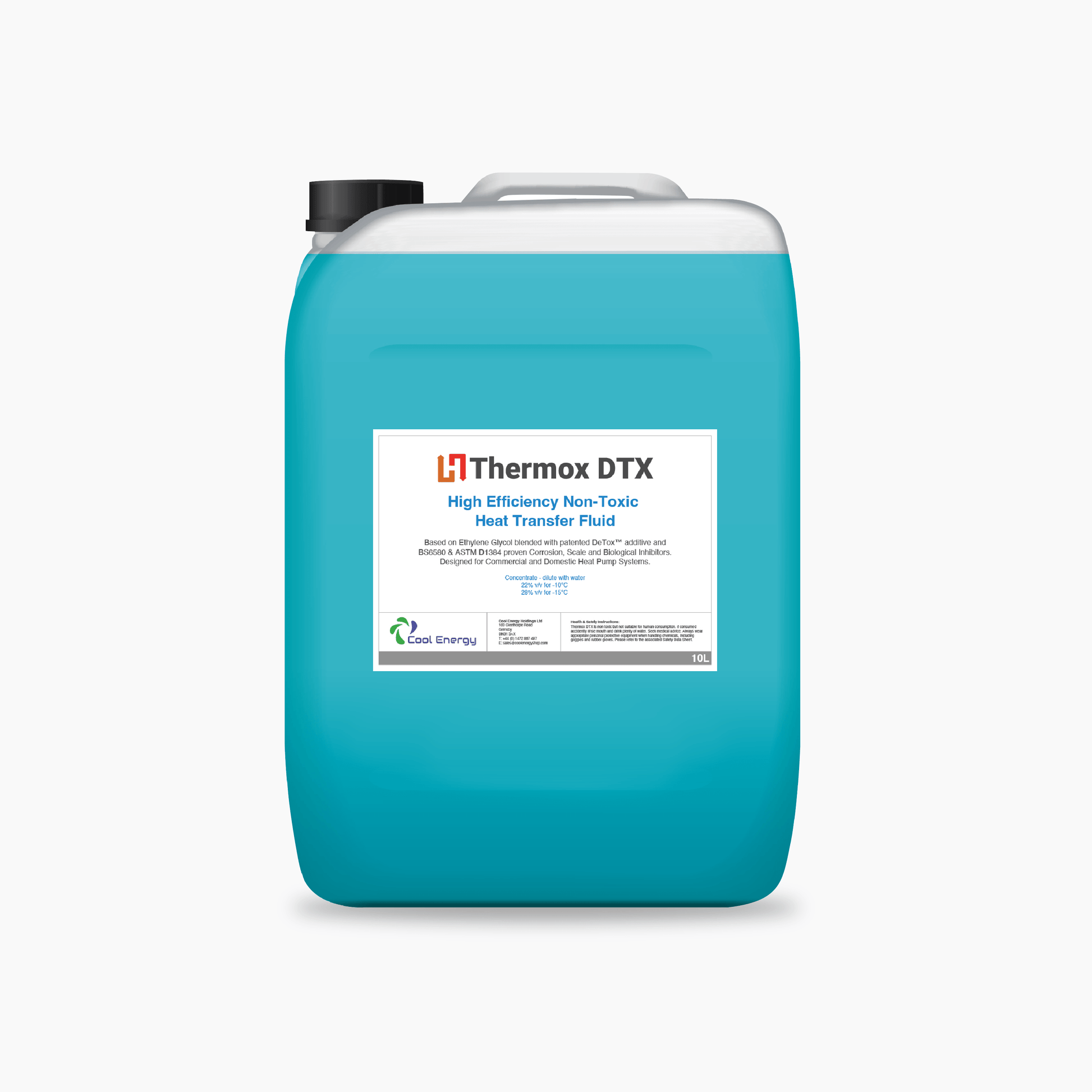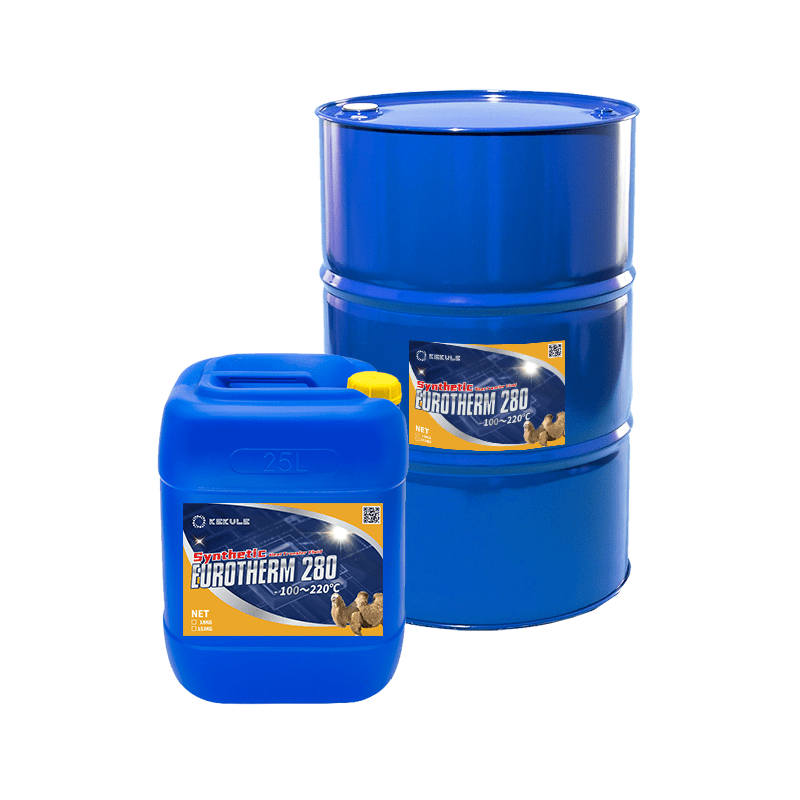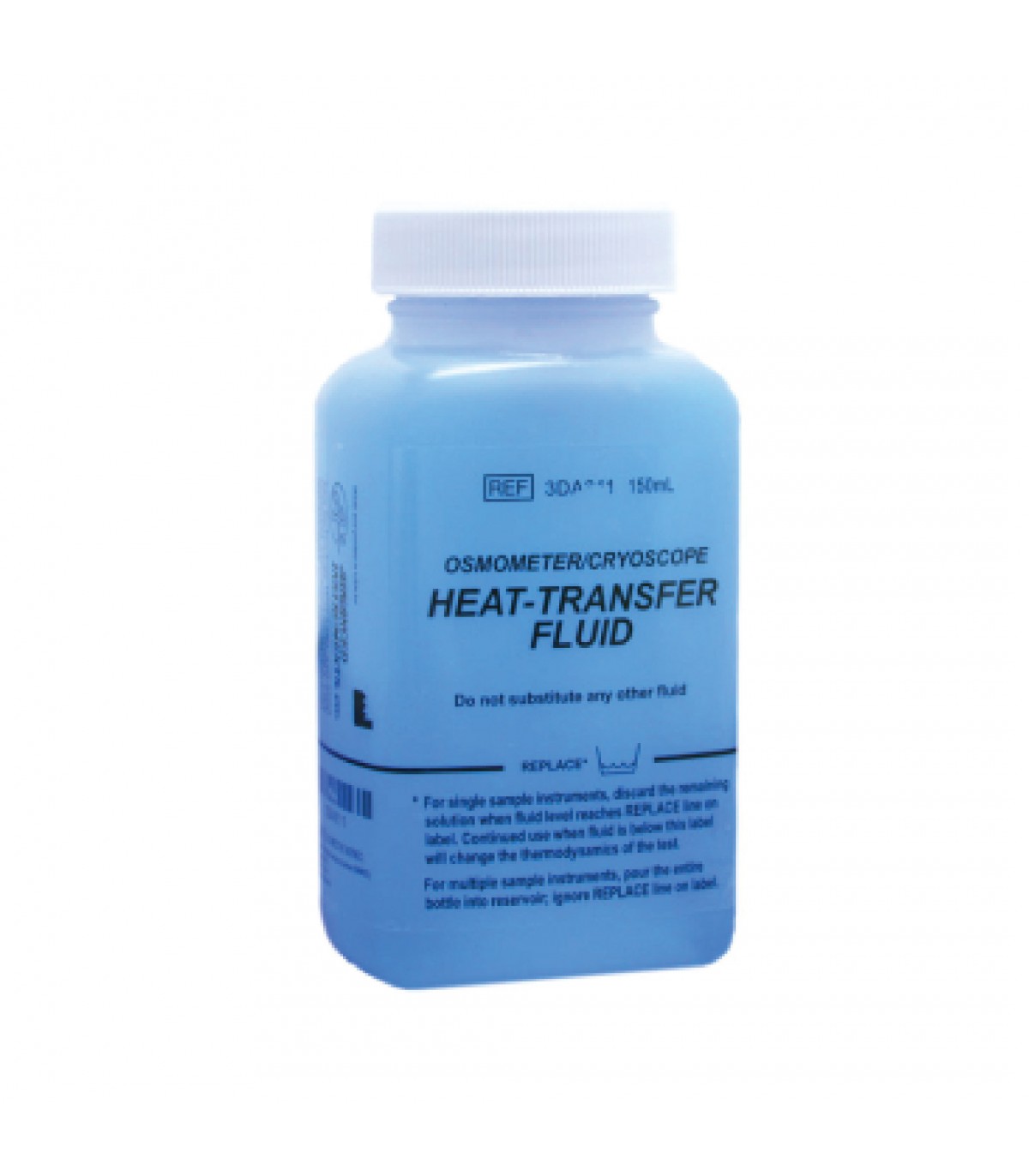Heat Transfer Fluid: Vital for Enhancing Industrial Heating & Cooling Equipments
Heat Transfer Fluid: Vital for Enhancing Industrial Heating & Cooling Equipments
Blog Article
How Warmth Transfer Liquid Contributes to Sustainable and Affordable Workflow
In the modern industrial landscape, the function of heat transfer liquids (HTFs) in promoting sustainable and cost-efficient operations can not be overemphasized. These fluids are pivotal in enhancing thermal administration systems, thereby considerably boosting power efficiency and minimizing functional prices. heat transfer fluid. The environmental advantages of innovative HTFs, with their high thermal security and low toxicity, are obvious.
Comprehending Warm Transfer Fluids
In the world of thermal management, heat transfer liquids (HTFs) work as important agents for transferring thermal energy from one location to one more. These liquids play an essential function in different commercial applications, including chemical handling, power generation, and a/c systems. HTFs are especially engineered to operate within a vast array of temperatures, effectively helping with the transfer of heat while keeping a steady thermal account. Their capability to function under severe conditions-- whether heats or cryogenic degrees-- makes them crucial in atmospheres demanding specific thermal control.
The make-up of warmth transfer fluids can vary significantly, consisting of choices such as mineral oils, artificial oils, glycols, and molten salts. Each kind supplies distinct benefits, such as enhanced thermal stability, reduced thickness, and high boiling points, which are picked based on certain functional needs. The choice of HTF impacts not only the efficiency of heat transfer however additionally the longevity and safety of the system in which it is utilized.
As industries remain to introduce, the growth of sophisticated HTFs, defined by their boosted thermal conductivity and reduced environmental impact, is crucial for satisfying the needs of modern thermal monitoring difficulties.

Enhancing Energy Performance

Improving energy effectiveness has ended up being an extremely important problem throughout numerous sectors, prompting a closer examination of heat transfer liquids' role in optimizing thermal administration systems. These fluids are important to keeping the preferred temperature level in processes, thus lessening energy waste and improving overall system performance. By selecting a proper heat transfer liquid, markets can considerably enhance their power performance, resulting in decreased power usage.

Advanced formulas of warm transfer liquids have actually been developed to withstand extreme temperatures while maintaining security and effectiveness. Boosting power efficiency with ideal warmth transfer liquid choice is not just a technical requirement yet likewise an environmental crucial.
Lowering Operational Expenses
Operational costs are a significant consideration for sectors looking for to maintain affordable advantage, and the choice of warmth transfer fluid plays a crucial function in cost monitoring. Selecting a suitable heat transfer fluid can bring about significant price financial savings by boosting system performance and lowering energy consumption. High-performance fluids minimize thermal degradation, which subsequently decreases the regularity of liquid substitute and downtime related to upkeep, thus decreasing operational costs.
In addition, warmth transfer fluids with exceptional thermal stability and deterioration resistance expand the life expectancy of equipment. This reduces the requirement for regular repair click here now services and substitutes, which can be pricey and turbulent to procedures. By purchasing premium liquids, industries can attain long-lasting decreases in maintenance costs and boost the reliability of their systems.
In addition, advanced heat transfer fluids typically display reduced viscosity at operating temperatures, which enhances pump effectiveness and decreases power usage in fluid flow. Numerous modern-day heat transfer fluids are engineered to operate successfully over a wide temperature level variety, decreasing the requirement for numerous liquid types, thus streamlining supply needs and reducing linked expenses.
Environmental Effect Reduction
The push in the direction of reducing environmental impact has actually gained momentum in sectors leveraging heat transfer fluids. Firms are increasingly acknowledging the value of decreasing eco-friendly impacts by taking on lasting methods. Heat transfer liquids (HTFs) play a vital duty in this shift, using opportunities to boost power effectiveness and minimize emissions. By selecting HTFs with high thermal security and low toxicity, markets can make certain very little leakage and degradation, hence lessening why not try here hazardous ecological releases.
Additionally, making use of advanced warm transfer liquids adds to enhanced system performance, decreasing the overall energy intake. This decrease not just results in expense savings but likewise lowers co2 exhausts, assisting in the fight against environment adjustment. Liquids that are naturally degradable and recyclable further improve sustainability initiatives, as they decrease waste and advertise circular economic situation methods.
Additionally, integrating HTFs right into closed-loop systems avoids fluid loss and contamination of the surrounding setting. This approach ensures that fluids are reused, minimizing the demand for brand-new sources and restricting waste generation. By accepting these eco mindful approaches, markets can significantly reduce their eco-friendly influence while preserving high functional effectiveness, aligning with global sustainability goals and regulative needs.
Choosing the Right HTF
Selecting the ideal warm transfer fluid (HTF) is an essential action in advancing ecological sustainability within commercial procedures - heat transfer fluid. A perfect HTF ought to possess a high thermal capability, low viscosity, and high thermal conductivity to make sure effective heat transfer.
When selecting an HTF, it is vital to consider its compatibility with system materials to prevent corrosion and chain reaction. This makes certain longevity and minimizes upkeep costs. Furthermore, the click to investigate fluid needs to be safe and eco-friendly, reducing its eco-friendly footprint and making sure compliance with ecological policies. The lifecycle cost of the HTF, incorporating acquisition, procedure, and disposal, must additionally be examined to make certain economic feasibility.
Conclusion

Report this page